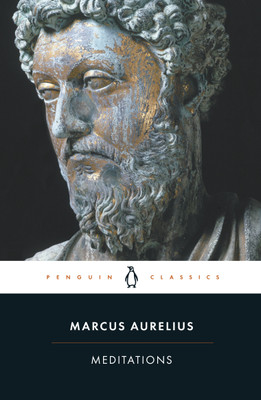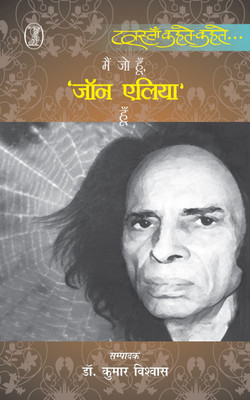
Aristobulos in Alexandria (German, Hardcover, Muelke Markus)
Share
Aristobulos in Alexandria (German, Hardcover, Muelke Markus)
Be the first to Review this product
₹20,675
₹30,077
31% off
Coupons for you
T&C
Available offers
T&C
T&C
T&C
T&C
Delivery
Check
Enter pincode
Delivery by9 Oct, Thursday
?
View Details
Highlights
- Language: German
- Binding: Hardcover
- Publisher: De Gruyter
- Genre: Religion
- ISBN: 9783110533231, 9783110533231
- Pages: 613
Seller
Description
Under Ptolemy VI Philometor (180-145 BC), the Jewish author Aristobulus wrote a comprehensive treatise in Alexandria, which he addressed to the ruler himself and dedicated to the correct interpretation of the Pentateuch. The few surviving fragments still allow a multifaceted insight into the early phase of Jewish biblical exegesis - 200 years before Philon, in the area of conflict between Alexandrian Greeks and Egyptians. Aristobulus, the oldest surviving non-biblical exegete in the Greek language, understands the books of Moses as a divine and therefore sacred and sublime revelation, but at the same time a revelation conveyed linguistically by the prophet, and establishes an exegetical method that he himself characterises as metaphorical in key passages such as the biblical anthropomorphisms, making intensive, yet critical use of Greek-Hellenistic scholarship. The political significance of his writing lies in the fact that he theologically and ethically prioritises the biblical nomos of God over competing claims of both Greek and Egyptian religion and philosophy.
Read More
Specifications
Book Details
| Imprint |
|
Dimensions
| Width |
|
| Height |
|
| Length |
|
| Weight |
|
Be the first to ask about this product
Safe and Secure Payments.Easy returns.100% Authentic products.
Back to top




